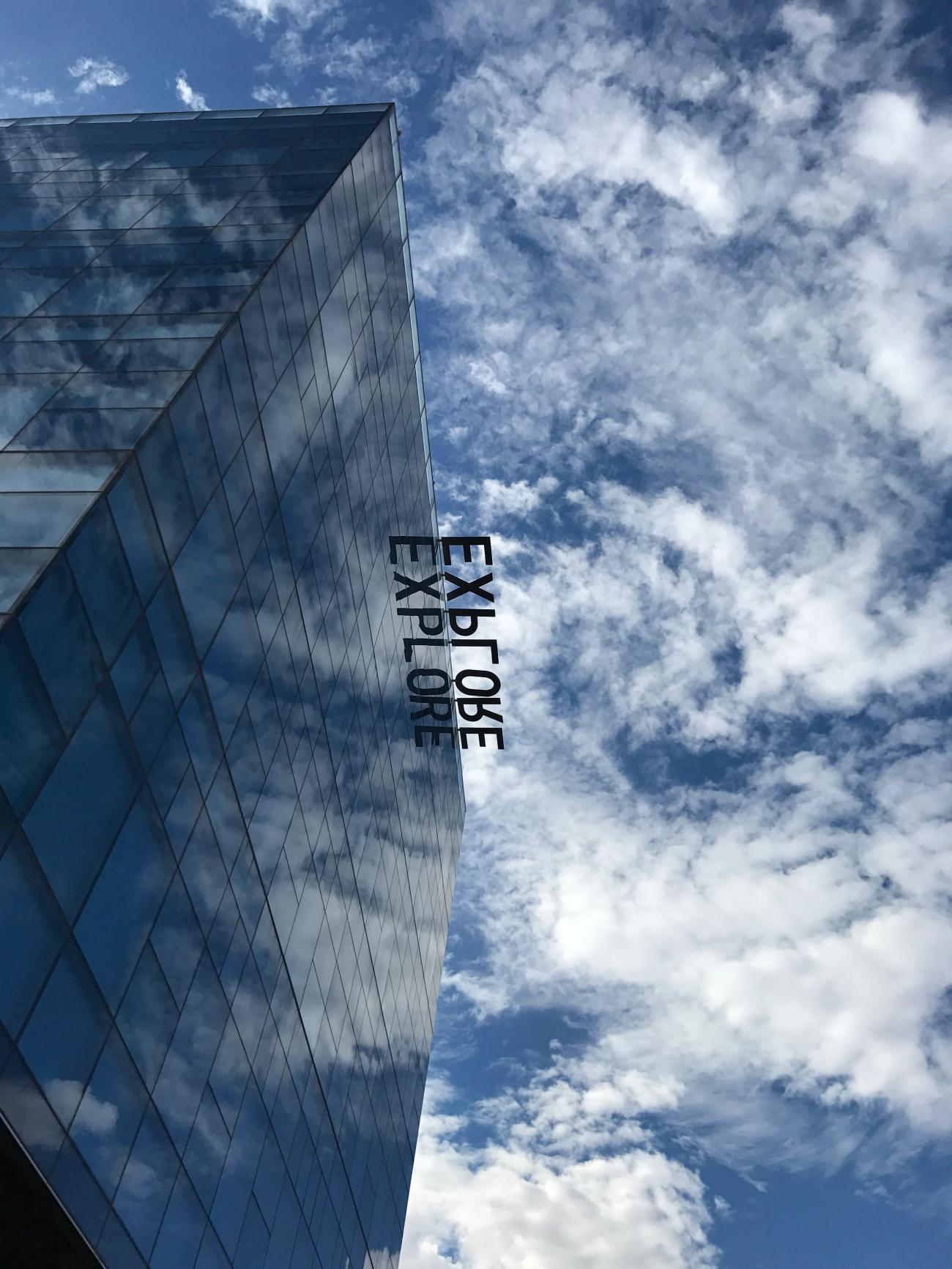Faculty working in the area of urban design and sustainable cities are involved in the task of balancing the three “E”s: environment, economy and equity. This often entails working out the design and implementation particulars of compact urban form, which brings with it the intrinsic environmental, social and economic benefits of living smaller, driving less, lowering energy costs, strengthening social connection and fostering networks of economic interdependence.
The strong interest in urban design and sustainable cities grows out of a recognition that malls surrounded by parking lots, disconnected apartment complexes, and vast expanses of low-density detached housing – i.e., sprawl – is often a problematic urban condition from an environmental, social and economic standpoint. Research on urban design and sustainable cities involves both normative proposals for built form as well as explanatory research that quantitatively measures outcomes like congestion, health, and global warming. Other research on urban design and sustainable cities includes understanding of how to: support social and economic diversity through mixed housing type and mixed land uses, limit carbon emissions through clear transportation (bus, rapid transit, light rail), compact development and reducing the size of impervious services, local food production, urban heat island mitigation, green infrastructure, passive solar design, sustainable stormwater practices, and bicycle ridership.
